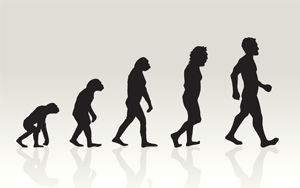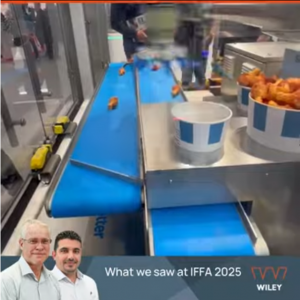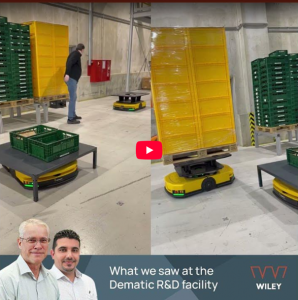5 important approaches to engaging the Information Age
1. Put the word out on the street
Let everyone know how you do what you do – and always walk your talk

2. Share your knowledge and add value
Don’t let Wikipedia and Google have all the kudos; do it yourself, create your own shared resources
3. Eat the Bear – Social Media isn’t intimidating
It is a valuable communal medium that promotes instantaneous sharing of information – use it or lose it

4. Empower your staff with knowledge
what your staff know becomes what your customers and the world will know about you

5. Business is all about evolution
Never stop learning, adapting, embracing new knowledge – always share what you have learnt

Knowledge is Empowering
Wiley: sharing what we know with who we know
Transparency is vital to the integrity and quality that Wiley promote as a business. Actions speak louder than words and we are committed to the transition of knowledge as a jealously guarded commodity to a mantra that ‘knowledge is most powerful when it is shared’. By sharing what we know with who we know, Wiley has been able to build a business model that is successful and future focussed.
Wiley recognise the power that knowledge yields. This recognition has driven our success as leaders in the food processing and construction industries. Over the last decade we have openly encouraged sharing our knowledge and industry experience among ourselves, our clients and communities. At Wiley our libraries are becoming more open, and the line between external and internal is fading fast.

Coined by historian Sir Francis Bacon circa 17th century the adage ‘knowledge is power’ has taken on new meaning in modern times. Up until recently, the closeting of information has been paramount to commercial success.
However, the internet has altered the way that knowledge is shared. It has devalued privatised knowledge and illuminated trade secrets to the downfall of many powerful entities (think of how Wikileaks upset the apple cart). If knowledge is power; then the likes of Google and Wikipedia are empowering the world. People travel the world to attend TED talks just to bask in the glory of professionals sharing their know-how and experiences. We are being educated in new and unique ways, which means that businesses need to change how they operate.

The elitist and exclusive nature of intellectual property and industry-based ‘know-how’ is fast becoming the dinosaur of modern business strategies. With the advent of independent newscasters, viral media, and social networking, business that pride themselves on these extinct ideas are treasuring pre-Information Age ideals. Facebook, Twitter, LinkedIn and the like are providing arenas in which these old ideas are being debunked and raising the stakes for global competition.

Success in modern business is built on having an ‘edge’ that involves two key components:
- Possessing a knowledge or skill that few or no other businesses offer AND
- A market that is willing to purchase it.
Previously this ‘edge’ was achieved by hoarding information. Now that information and trade secrets are becoming ‘off-the-shelf items’, the key to success lies in the developing of rapport through transparency and application of knowledge.

How can we use this information?
To continue to succeed in an atmosphere where knowledge is devalued, free, and freely shared amongst competitors and clients alike we need to be able to ensure that our applicable knowledge doesn’t stagnate. Companies need to be able to embrace the technological advances that have altered the way knowledge is disseminated.
Wiley have recently begun to explore such methods (including social media) to promote core company knowledge and values. These strategies are already paying off as our employees become more involved in the structure of the company.
We use social media and the power of the internet to empower our employees’ ability to atomise our experiences throughout the digital world. By sharing everything we know with everyone we know, we create a long-term, low-cost marketing strategy that aligns with successful modern business models.

